Have I told you how much I love to garden? Ok, maybe a thousand times over the past year or so, but its true. I love to dig, plant, tend to and finally reap the hard earned rewards of a vegetable garden, and one of the most important things you can do for your garden is to mulch it. Mulch is a funny word, I bet if you went back to the Byzantine Era, you wouldn’t find it in their vocabulary. I think the word was more recently invented, like Bubble Gum or Snickerdoodles…
What IS Mulching though?
Mulching is one of the best things you can do for your garden and your garden plants. It is a protective layer of material placed around your plants and over your bare soil. Mulch comes in many varieties, from decomposing organic materials, including bark or wood chips (from various tree species), pine needles, straw, or non decomposing, non-organic materials such as black plastic, landscaping fabric, recycled tires, pebbles, and river rock.
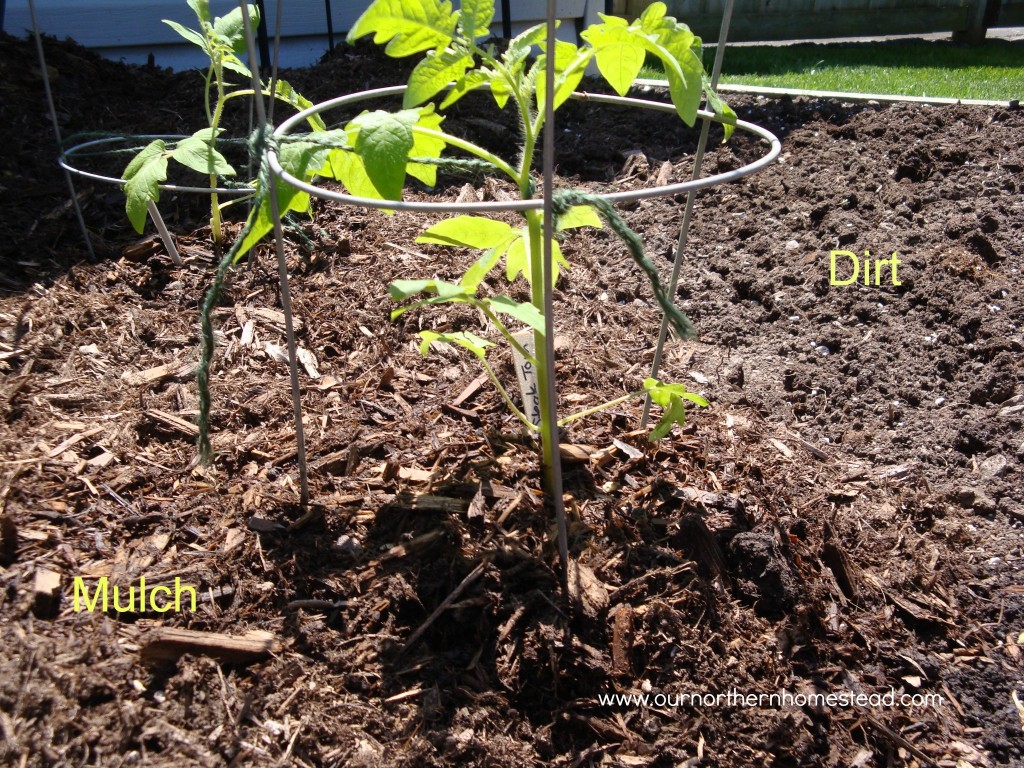 The advantages of mulching are many, but here are my Top 7 Reasons to add Mulch to your garden….
The advantages of mulching are many, but here are my Top 7 Reasons to add Mulch to your garden….
Controls Weeds 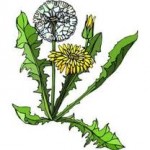
With using mulch, you can limit the amount of weeds that spring up in the open spaces of your garden. The mulch acts as a barrier, limiting the amount of sunlight that can find its way to the weeds trying to germinate. Which means less time spent weeding and more time relaxing with that cerveza on the patio.
Retains Moisture 
Organic mulches absorb water. Organic and non-organic varieties both cover the soil and limit evaporation, thus retaining moisture. Mulching during hot, dry seasons can not only help out your plants, but it can also help you save on your water bill.
Prevents Soil Erosion
Mulching not only keeps existing water trapped in the soil, it also keeps rain water from washing away your soil. It does this by breaking the fall of the water and therefore lessening the force when the water impacts the ground.
Maintains Soil Nutrients 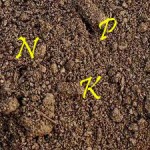
No only does mulch keep soil nutrients from being washed away with the rain, but it also can release nutrients into the soil if you are using an organic material. This happens as the organic material slowly decomposes on top of the soil, ultimately nourishing your plants and enhancing the soil quality in your garden.
Controls Pests 
Using certain types of mulch, such as cedar bark, can deter certain pests due to the fact that the cedar bark has natural oils that act as insect repellant. To get the full benefits, be sure to find a mulch that is very fragrant, as it will have the greatest affect on insects. But be warned, some mulches can encourage insects to flock to your garden and sometimes your house, so be sure to research which type of mulch best suits your needs.
Encourages Earthworms to Move In 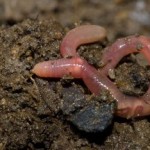
Using organic material for mulching encourages those wrigglies to occupy your garden soil. As any good gardener will tell you, earthworms help improve soil structure. Having a bounty of worms in your garden also provides bait for the fisher-person in your family, just head out at night with a flashlight and scoop them up.
Pretty and Functional 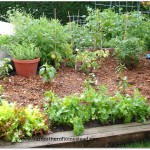
Mulch can give a garden a finished look by filling in the empty spaces while being one of the easiest fillers to maintain. Mulch is easy to care for and never competes with your other plants. If you grow a vegetable garden like me, spreading a 3″ layer of mulch around and between the plants also makes for cleaner shoes while harvesting. You don’t sink down in the earth, filling your shoes full of muck…which is a bonus in my book.
At the start of every new gardening season, top up your garden beds with fresh mulch to replace what has broken down into the soil since the last growing season. The price of a few bags of mulch is much less than the amount you would be spending to keep your garden weed free and watered during the heat of summer.
So Go Ahead ~ Start Mulching!
